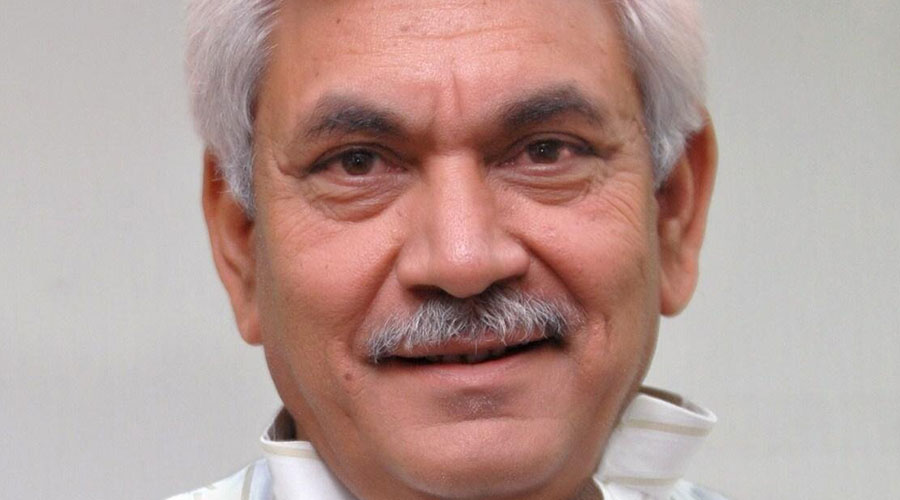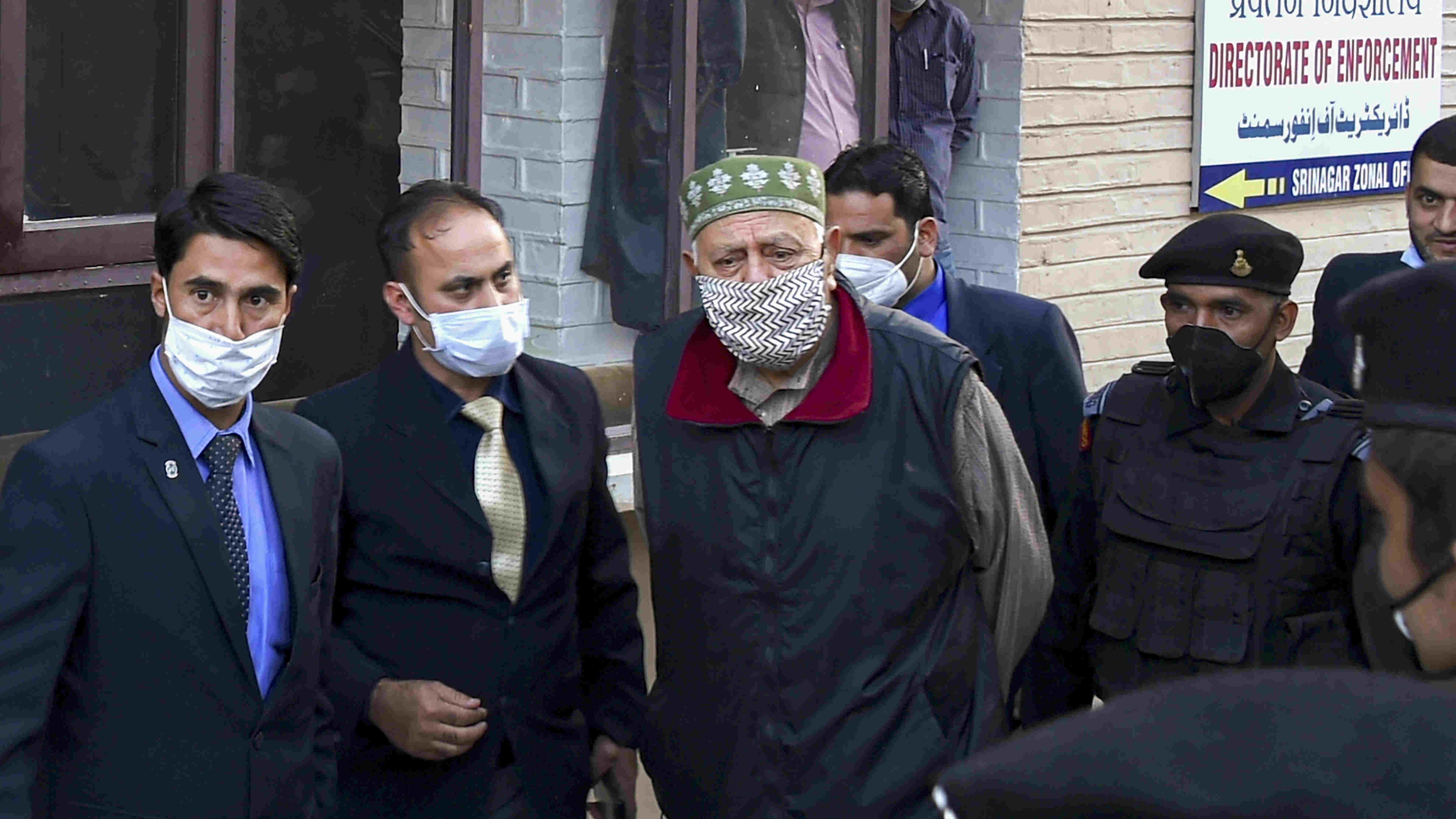The Jammu and Kashmir government has sealed the Srinagar office of the Kashmir Times, the leading English newspaper that swam against the tide to speak out after the abrogation of Article 370 and challenged in the Supreme Court a communication blockade.
The estates department of the administration sealed the office at Srinagar’s Press Enclave on Monday. The Union Territory of Jammu and Kashmir is now administered by Lt Governor Manoj Sinha.
The newspaper, the oldest English daily in Jammu and Kashmir, is headquartered in Jammu but ran an edition from Srinagar.
The print edition from Srinagar was suspended recently because of a financial crunch but the online edition was being published from the office.
The office operated from government space allotted to the newspaper in 1993, along with some other newspapers and journalists.
Anuradha Bhasin, the owner and executive editor of the Kashmir Times, said no due process was followed. “They came yesterday around 5, the office was working and they asked the staff to come out. There was an argument and my staff asked where the order was but they told them to talk to the higher-ups. They put a lock outside and all our infrastructure is inside,” Bhasin told The Telegraph.
“No eviction order was served on us. They were first supposed to give a cancellation order, then publicise it, ensure the occupant receives it and give time to file objections…. No such thing was followed.”
A government official said they had not taken possession of the office of the Kashmir Times but that of the building allotted to Ved Bhasin, the founding editor of the newspaper and Anuradha Bhasin’s father, who died some years ago. The official, who spoke on condition of anonymity, claimed the space was being used for residential purposes and another quarter nearby was being used as an office.
Anuradha Bhasin said rumours started floating about the eviction some six weeks ago, after which they approached the estates department.
“They were not giving a clear picture. It was all bizarre. We approached the court of the deputy commissioner. The hearings happened. The judgment was reserved. The order (of eviction) is out now but it has not been served,” she said.
“It is vendetta…. They did it because we went to the Supreme Court and also for constantly talking about lack of civil liberties, lack of democratic space in Kashmir. We were critical of a lot of government policies and actions,” Bhasin added.
The newspaper had borne the brunt of alleged government reprisal for filing the case in the Supreme Court against the blockade. Since November, the daily has received no government advertisements — a major source of revenue for the region’s dailies.
The sealing of the Srinagar office was condemned by politicians and several individuals but major associations of journalists took their time to react.
The Kashmir Editors Guild said in a statement on Tuesday night: “The Guild sees the sealing as the continuation of an abnormality being enforced on Kashmir media for a long time, especially since 2010. In the last 10 years, the successive regimes have created a very unpleasant history as far as operations of the media in Kashmir are concerned.
“Preventing circulation of newspapers, blacklisting the newspapers from getting government advertisements in Srinagar and Delhi, and interrupting negatively in the routine operations have adversely impacted the media. These are in addition to the issues that reporters face on a daily basis while gathering information.”
Bhasin had hit out at other publications for their coverage of the events after Jammu and Kashmir’s special status and statehood were revoked. Most of these publications are accused of turning into government mouthpieces as they feared reprisals or a squeeze in advertisement revenues.
“The Valley’s leading newspapers have chosen to keep their publications alive by killing news stories and burying all morals of journalism,” Bhasin had written last month.
On Tuesday, Bhasin said she received expressions of solidarity from individuals. “There is overwhelming solidarity. I had not expected this much. People I don’t know, not just journalists, but strangers who are sending me messages offering their houses to be used as the office till I get the space,” she said.
The Committee to Protect Journalists (CPJ), a media watchdog, condemned the sealing and asked authorities to “stop trying to silence independent and critical voices” and “respect press freedom”.
Former chief minister Omar Abdullah mocked other publications for turning into government mouthpieces.
“This (action against the Kashmir Times) explains why some of our ‘esteemed’ publications have decided to become government mouthpieces, printing only government press handouts. The price of independent reportage is to be evicted without due process,” he tweeted.











